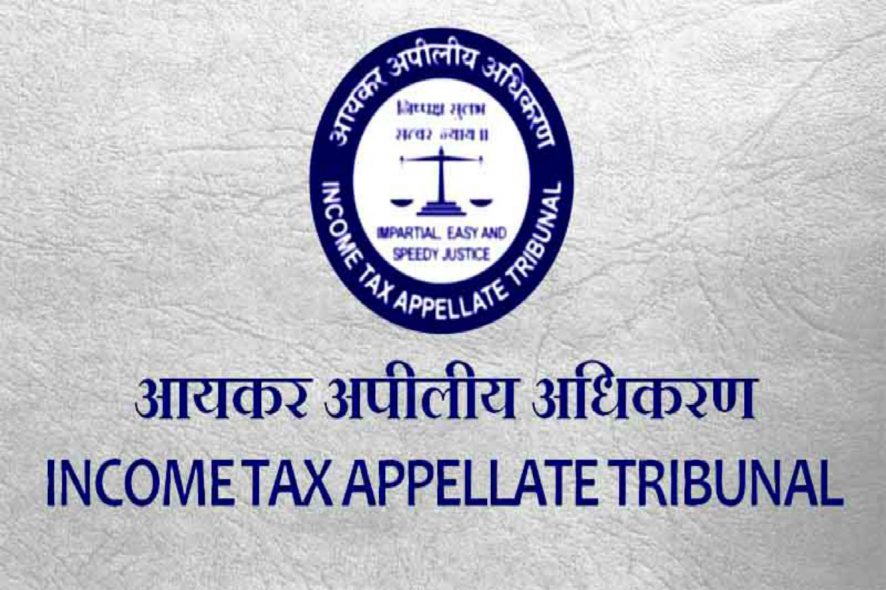Income Tax Appellate Tribunal, Delhi (ITAT): In a case related to bogus Share Capital/Premium, the Accountant Member RK Panda took note of the fact that the Supreme Court verdict in PCIT vs. NRA Iron & Steel (P) Ltd., 2019 SCC Online SC 311 was pronounced subsequently wherein it was held,
“The practice of conversion of un-accounted money through the cloak of Share Capital/Premium must be subjected to careful scrutiny. This would be particularly so in the case of private placement of shares, where a higher onus is required to be placed on the Assessee since the information is within the personal knowledge of the Assessee. The Assessee is under a legal obligation to prove the receipt of share capital/premium to the satisfaction of the AO, failure of which, would justify addition of the said amount to the income of the Assessee.”
In the present case,
- The case of the assessee was reopened by issue of notice u/s 148 on 27th March, 2014, after recording reasons for issue of notice and after obtaining the approval from the Addl. CIT u/s 151 of the IT Act. The reason for such reopening was on account of accepting of accommodation entry of Rs. 10 Lakhs by the assessee company from two companies.
- The Assessing Officer asked the assessee to substantiate such accommodation entry of Rs.10 lakhs. Since there was no compliance from the side of the assessee to his satisfaction, the Assessing Officer made addition of Rs.10 lakhs being the amount received as share capital not proved and invoking the provisions of section 68 of the IT Act, the Assessing Officer treated the same as income of the assessee.
- In appeal, the CIT(A) not only sustained the addition so made by the Assessing Officer, but, further enhanced the same by Rs.20,000/- being the amount incurred by the assessee for arranging such bogus share capital.
Aggrieved by the said order of CIT(A), the assessee appealed before ITAT and argued that CIT(A) has not given effective opportunity to the assessee to substantiate his case. Advocate Swarnendu Chatterjee argued that no enhancement notice was given for enhancing the income of the assessee.
The Court noticed that Supreme Court verdict in PCIT vs. NRA Iron & Steel (P) Ltd., 2019 SCC Online SC 311 was pronounced subsequently wherein it was held,
“i. The assessee is under a legal obligation to prove the genuineness of the transaction, the identity of the creditors, and credit-worthiness of the investors who should have the financial capacity to make the investment in question, to the satisfaction of the AO, so as to discharge the primary onus.
ii. The Assessing Officer is duty bound to investigate the credit-worthiness of the creditor/subscriber, verify the identity of the subscribers, and ascertain whether the transaction is genuine, or these are bogus entries of name-lenders.
iii. If the enquiries and investigations reveal that the identity of the creditors to be dubious or doubtful, or lack credit-worthiness, then the genuineness of the transaction would not be established.”
Noticing that the ld.CIT(A) shall decide the issue as per fact and law, after giving due opportunity of being heard to the assessee, it was held that the issue be restored to the file of the CIT(A) with a direction to give one more opportunity to the assessee to substantiate its case.
[Shivalik Cotex Ltd. v. ITO, ITA No.5819/Del/2018, decided on 01.07.2019]



